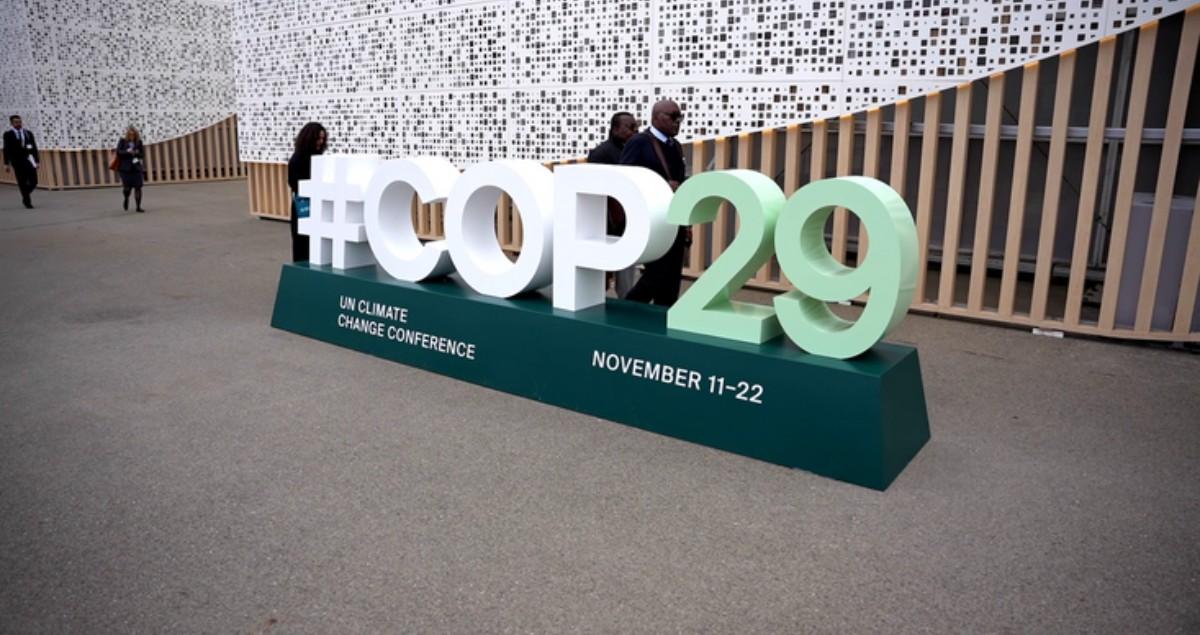Empowering Clean Energy: Innovations and Challenges Discussed at COP29
Key Ideas
- Continuously powering the future is crucial, with solutions like nuclear power and gas turbines with CO₂ capture gaining attention.
- Visibility of clean technology progress is key to advancement, with a focus on clean hydrogen value chains and breaking down barriers.
- Collaboration, government support, and policy incentives are essential for decarbonizing hard-to-abate sectors and scaling hydrogen value chains.
- Innovative projects like the Advanced Clean Energy Storage Hub in Utah showcase the importance of new infrastructure and government grants in driving clean energy adoption.
At COP29, while the spotlight was on climate finance and carbon markets, discussions around clean energy and power stability were buzzing among experts. The need for continuous power supply, driven by the demand for electrification and growing digital technologies, highlighted the importance of ensuring clean and reliable baseload power. Solutions like nuclear power and gas turbines with CO₂ capture were proposed to meet this demand. The emphasis on making progress in clean technologies visible and breaking down barriers to adoption was underlined by industry experts.
Decarbonizing hard-to-abate sectors, such as steel production, and scaling hydrogen value chains were hot topics at the conference. Collaborating across regions and industries, supported by government mandates and subsidies, was identified as key to achieving decarbonization goals. Notable projects like the one in Mauritania, exploring hydrogen infrastructure for green steel production, showcased the potential of hydrogen in industries that struggle with electrification.
Innovations like the Advanced Clean Energy Storage Hub in Utah demonstrated new infrastructure for clean hydrogen production. Government support, like federal grants for hydrogen hubs, was highlighted as essential in driving adoption in carbon-intensive industries. The importance of policy support and collaboration between governments and private enterprises was emphasized as crucial in advancing clean technologies at scale. The conference highlighted a collective call for concerted efforts to drive the clean energy transition forward, making sure technology is ready for a carbon-neutral future by 2040.
Topics
Policy
Power
Innovation
Energy Transition
Government Support
Clean Technologies
Industry Decarbonization
Clean Hydrogen
Carbon Markets
Latest News
